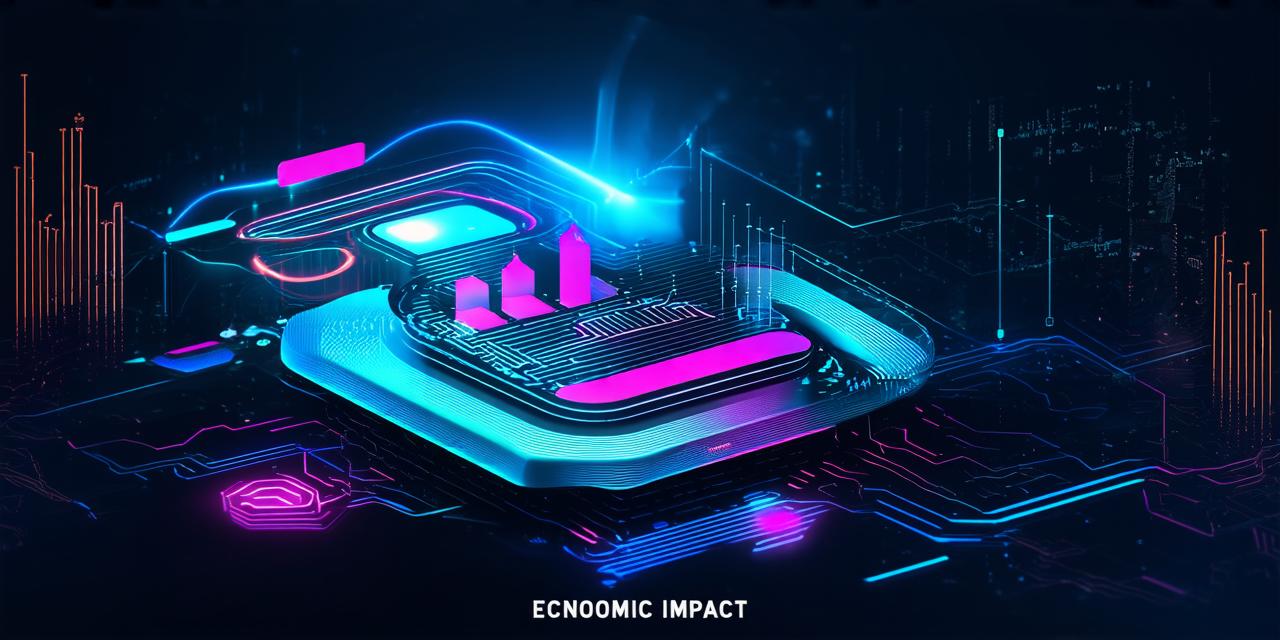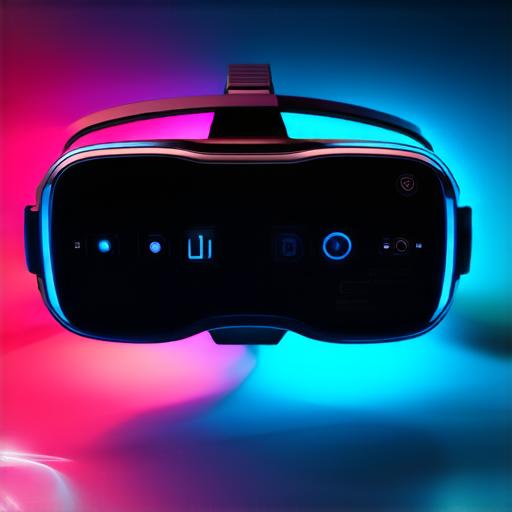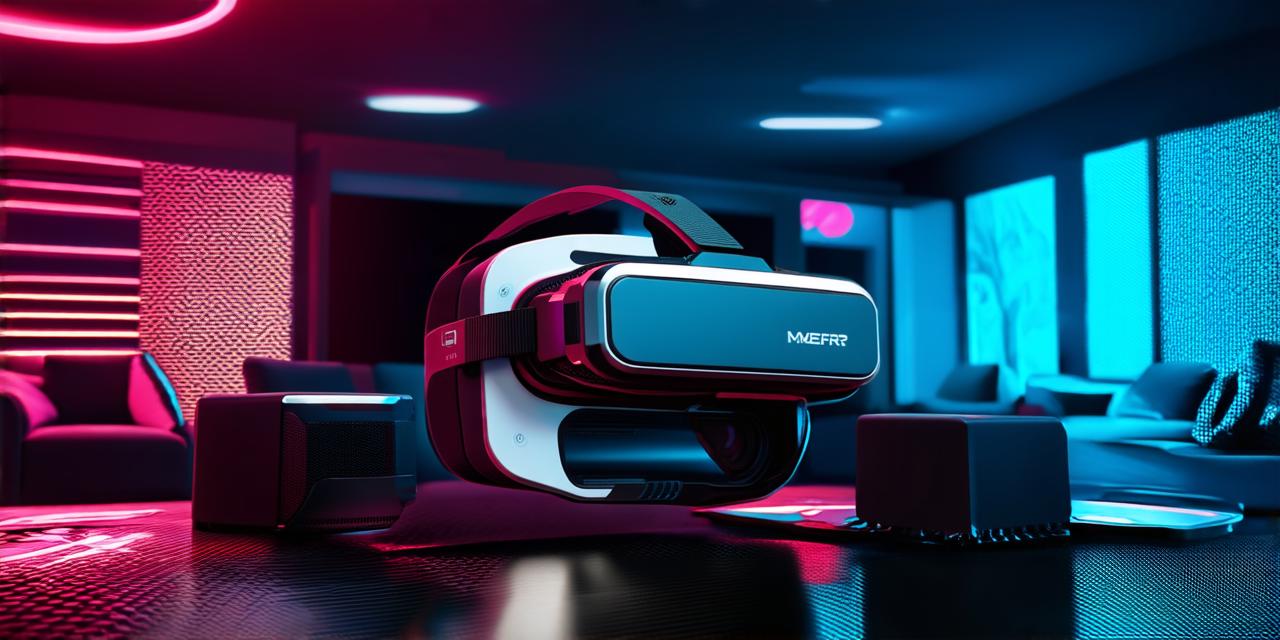
How does VR impact the economy?
Virtual reality (VR) is a rapidly growing technology that has the potential to transform many industries and contribute to economic growth. In this article, we will explore how VR is currently impacting the economy and what the future may hold for this technology.
Table of Contents
ToggleIndustries that are being transformed by VR
Virtual reality is already having a significant impact on several industries, including gaming, healthcare, education, and tourism. In the gaming industry, VR is enabling developers to create more immersive and interactive experiences for players. This has led to increased sales of gaming equipment and software, as well as job creation in the gaming sector.
In healthcare, VR is being used for training medical professionals, as well as for treating conditions such as PTSD and anxiety disorders. The use of VR in healthcare has the potential to reduce costs by reducing the need for in-person training and therapy sessions.
In education, VR is being used to create more engaging and interactive learning experiences. This has the potential to improve student outcomes and increase access to education, particularly for students who may not have access to traditional classroom settings.
Finally, in tourism, VR is being used to allow people to experience destinations from the comfort of their own homes. This has the potential to reduce travel costs and increase the number of tourists visiting certain areas.
Economic benefits of VR

The impact of VR on the economy goes beyond these specific industries. The technology is enabling companies to create more efficient and effective workflows, as well as to develop new products and services that were not possible before. This has the potential to drive innovation and economic growth.
In addition, VR is creating new job opportunities in fields such as software development, design, and content creation. These jobs are often high-paying and require specialized skills, which can contribute to a knowledge economy.
Future of VR in the economy
The future of VR in the economy is bright. As the technology continues to improve and become more affordable, it is likely that we will see even more industries being transformed by VR. This could include fields such as manufacturing, transportation, and construction.
In addition, the use of VR for remote work and collaboration is becoming increasingly common, which has the potential to drive economic growth by enabling companies to operate more efficiently and effectively across different time zones and geographic locations.
Overall, virtual reality is already having a significant impact on the economy and has the potential to drive even more innovation and growth in the future. As the technology continues to improve, we can expect to see even more industries being transformed by VR.

